Recently, the SEA Games gold medal marathon champion, Soh Rui Yong, 23, was the guest speaker at a running clinic, organised by the Young NTUC’s Earth Runners.
A group of passionate runners who run to raise awareness for the need to do more for the environment, the group is led by Lincoln Han – an activist with Young NTUC who has been running for the past 28 years. Their main organised running event is the annual NTUC Income RUN350, which took place in April this year.
At the clinic, apart from talking about his winning run at the recent Singapore SEA Games, Soh – a Business Administration student at the University of Oregon, in the USA – answered a series of questions from the participants about a variety of topics, ranging from training and dietary tips to cross training and the benefits of altitude training. Here are the main highlights of Soh’s answers to some of the questions.
Q1) What training tips can you share with us?
Honestly, I am not a coach and if it was that easy to simply give out running tips, everyone would be doing it and achieving success. Many things come together to produce a good running performance and everyone has different schedules in terms of work demands, relationships and personal life. You can’t simply copy a training programme and slot yourself into it, as what suits one person, may not work for another.
So as cliche as it sounds, I would recommend that you listen to your body and learn to understand what sort of training you can respond best to. For instance, some people respond better to high volume training but others are more suited for high intensity training sessions. Also, some people are injury-prone and can run about 160km per week without being injured, but others can’t go beyond 70km per week without suffering injuries.
For me personally, I gradually built my mileage from 70km per week to 160km per week to prepare for the SEA Games marathon, but even then, I have to have 1 week of lower mileage every three weeks, when I cut my mileage to 100km – otherwise I may get injured. But other runners can easily do about 180 to 200kms every week.
Q2) What is your diet like?
I have a very simple diet. I eat a lot of carbs, proteins, fruits and vegetables. I also take plenty of Vitamin C to boost my immunity.
I also do my own cooking most of the time. I cook plenty of pasta and chicken, as well as red meats such as steaks – as the proteins and iron is important to rebuild your muscles after a training session. I also believe in eating a meal about 30 to 45 minutes after a training session, because that is when the body will be most responsive to the absorption of nutrients.
Q3) What is your marathon hydration strategy like?
As the Singapore weather was very humid at the SEA Games marathon, I made sure I hydrated regularly and tried to drink every 5km. At the 10, 20 and 30kms mark, I had water with a gel taped onto the bottles. For the rest of the hydration stations, I had water mixed with electrolytes. This is because you don’t just lose water while running – you also lose electrolytes through sweat, so replenishing these, will help to prevent cramps.
But what works for me may not work for everyone though – try and experiment and see what would help you best in terms of your running.
Q4) Does your training involve altitude?
Never, until this year – when I went to Flagstaff, Arizona, a small mountainous town, for 26 days to train for the SEA Games. Altitude training really messes up your system though. When I went up there, I got flu on the first day and was peeing about four to five times that night. Think that this is because your blood becomes thicker to become more efficient in transporting oxygen, because there’s less oxygen available in the air.
Also, every time that I did a run at Flagstaff, I could not breathe properly and l felt as though I was climbing Mount Everest every time I went running – even though it is only a small hill. But upon completion of my altitude training stint, when I returned to sea level and ran a 5km race, I felt really great. Some people say that the benefits of altitude training only lasts for two weeks, but I disagree I think that the stint at Flagstaff had also played a large part in my performance at the SEA Games.
Q5) How do you stay motivated to run?
Running is my life, so I do not find it a chore. I get up and run – this is how I always start my day. Then I feel good subsequently when I go to class after that. Even if I am not competing, I would still run because I think that it gives me that mental and psychological boost.
I guess having a goal in mind helps though. For example when I prepared for the SEA Games, I kept a couple of newspaper articles from the Straits Times and Today Newspapers, which were about me gunning for gold at the Games. They helped to remind me what I had set out to do, at times when I had been feeling distracted.
Q6) What is a typical day like for you?
I get up and run in the mornings. Then I would have school from late morning to early afternoon. When I get home, I would have a nap, and then go for a second run. Following this, I would cook my dinner, and then do my homework till bedtime.
I always try to get into bed before 10pm at nights so that I can get eight hours of sleep. But this is my biggest challenge – because I naturally like to stay up late. There’s so many things to do at nights, for example, going out with friends to the pub, watching movies on my laptop or scrolling through Facebook or Instagram. But I have to stay disciplined, as I tend to feel like crap if I go to sleep too late.
Q7) What are your normal runs like?
Most of my runs end up being faster than I want to run. But on my easy running days, I try and do a pace of about 4.50 to 5mins/km. Sometimes my pace can even go to 6min//km if I am still feeling sore after a hard morning workout. For my hard workouts, I would do them twice a week – the rest of my workouts are usually moderate to easy. I don’t worry about how fast I am running. To me it is more about the time that I spent out there on my feet.
Q8) Do you do cross training?
No I don’t. I do running about six days a week. My rest days are Saturdays, I take a complete break from any type of exercise. That means sitting on the couch and spending the time doing homework – I never leave the house. I know that Mok (Ying Ren) does a lot of cross training but I have not cross trained for the past two years – in fact, I can’t even recall the last time when I did!
Q9) What are the main differences between training in Oregon, USA versus in Singapore?
Singapore is a large city, so it is easy to find good terrain to run on, for example, MacRitchie Reservoir and Bedok Reservoir. However, Eugene, in Oregon is a small town so you need to drive, or take a train or bus to the training grounds. Personally I like to run on soft ground because it’s more gentle on the legs. But when I am training specifically for a road marathon, I try to run on hard surfaces so that my legs can get used to the pounding.
Weather wise, Oregon is either cool & humid or hot & dry. It is never hot & humid like it is in Singapore – that sort of weather is a double blow for runners and it’s important to adjust your running in such conditions, in order to stay safe. So when I came back here to acclimatise for the SEA Games, I based my training on body feel and time, rather than pace or distance. So for example, I may cover 7km in 40 minutes in Singapore weather, compared to 8km in Oregon, but that difference in distance isn’t important to me.
Q10) What are your plans for next year’s 2016 Olympics in Rio De Janeiro, Brazil?
I will be graduating and getting my degree in December this year. Then I will come back to work for Sport Singapore on a scholarship bond. But if I can train and get enough financial support to last for about six months, I hope to go back to Flagstaff to get the benefits of a long altitude stint with the best athletes in the world.
But the Olympics will not be easy to qualify for. I give myself a 20 per cent chance. Even if I do not qualify for the Olympics, but am able to improve my marathon time to about 2:20 hours, that will be a big national record, and will definitely be much harder than winning a gold medal at the SEA Games.
Other blog posts
- Click here to find out how Soh’s SEA Games marathon went.
- Click here for a pre SEA-Games interview with Soh.
- Click here to find out how Soh broke the 10,000m national record.
- Click here to read about Soh’s inaugural 2hour 26minute marathon.

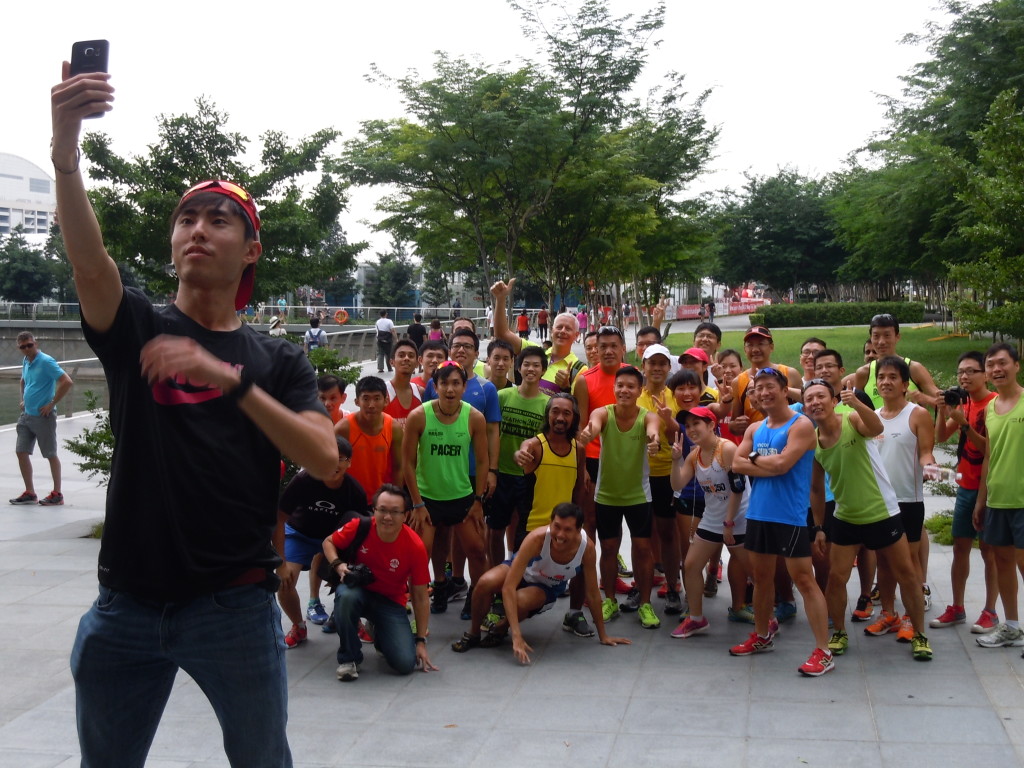
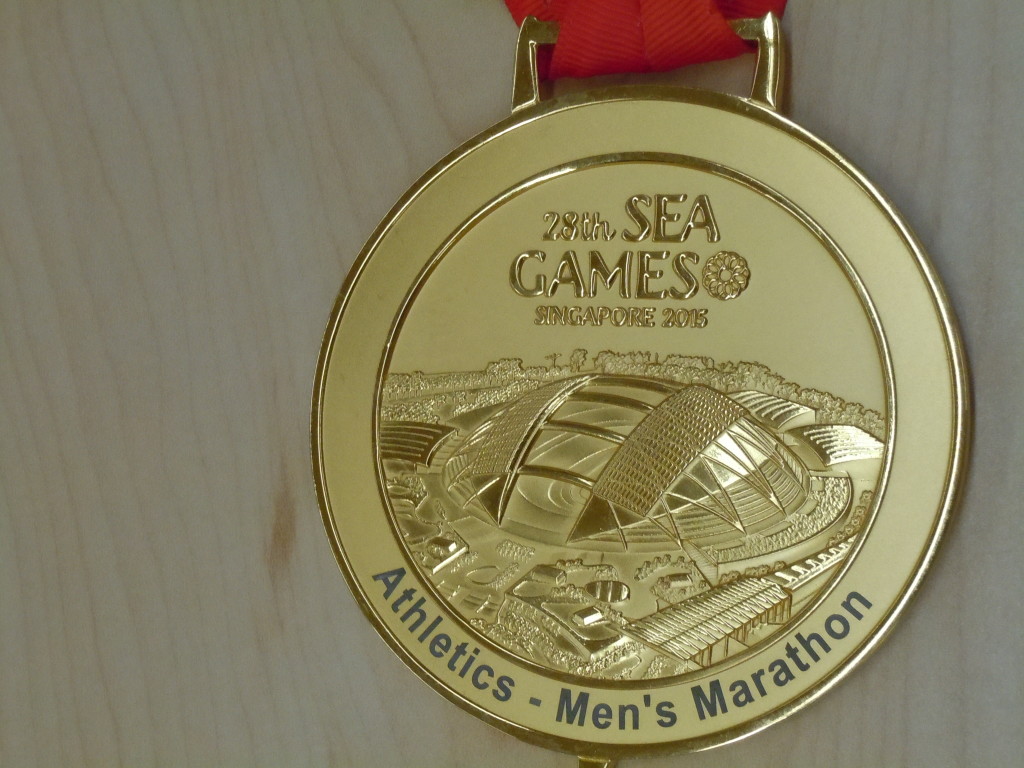
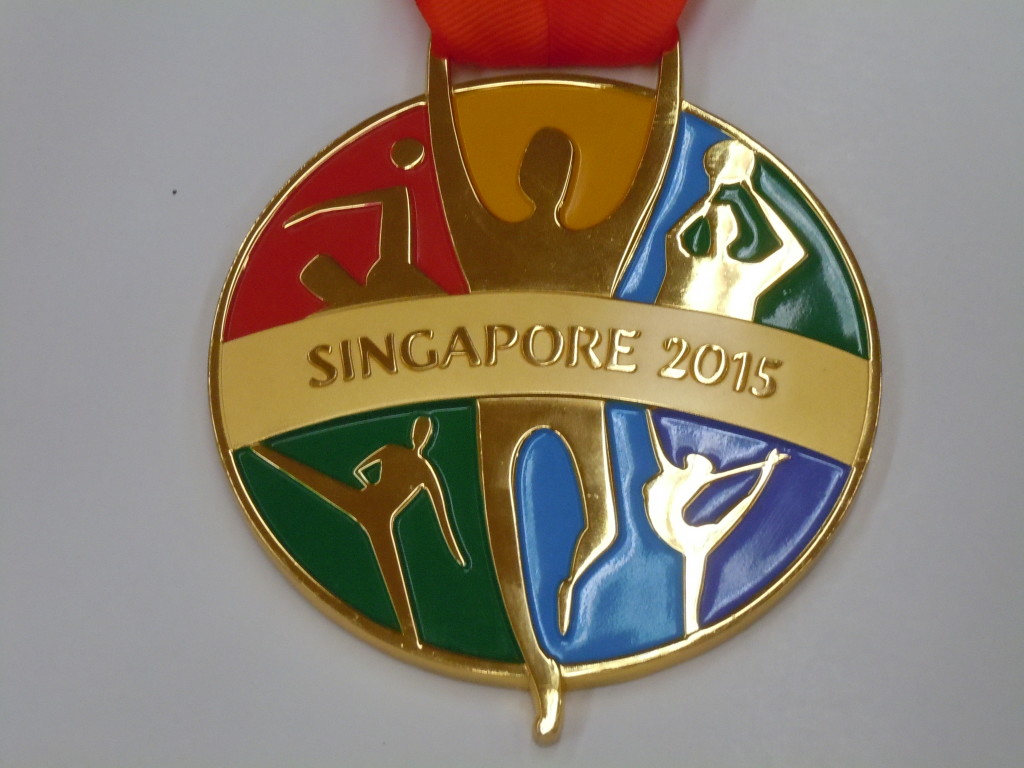
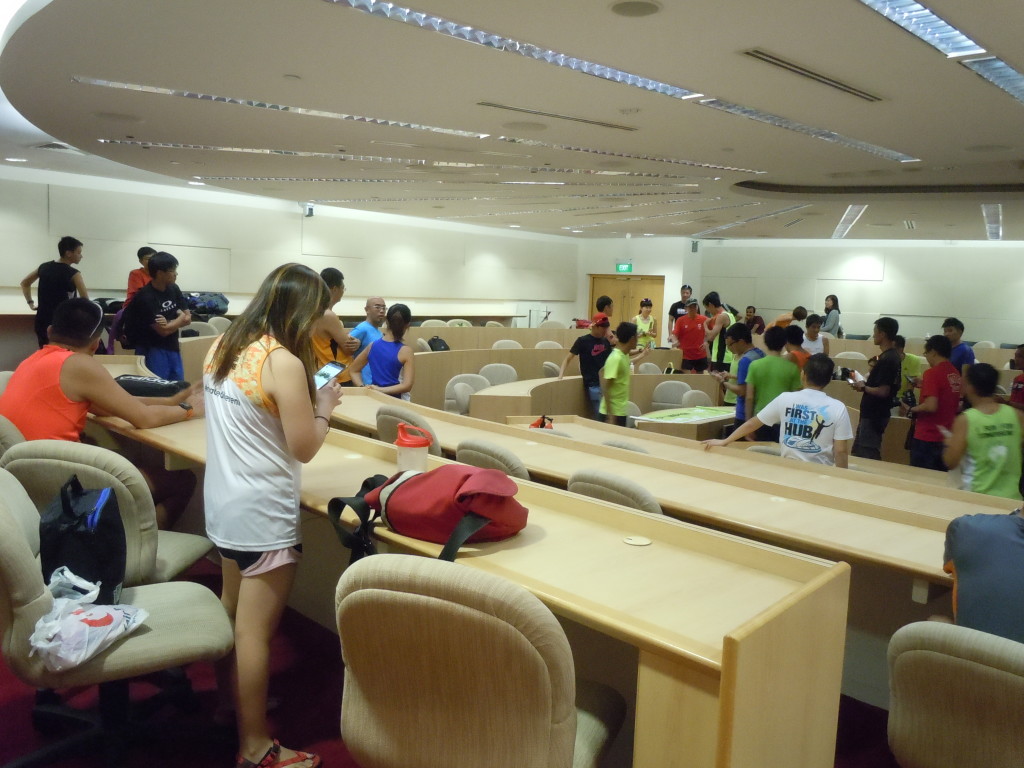
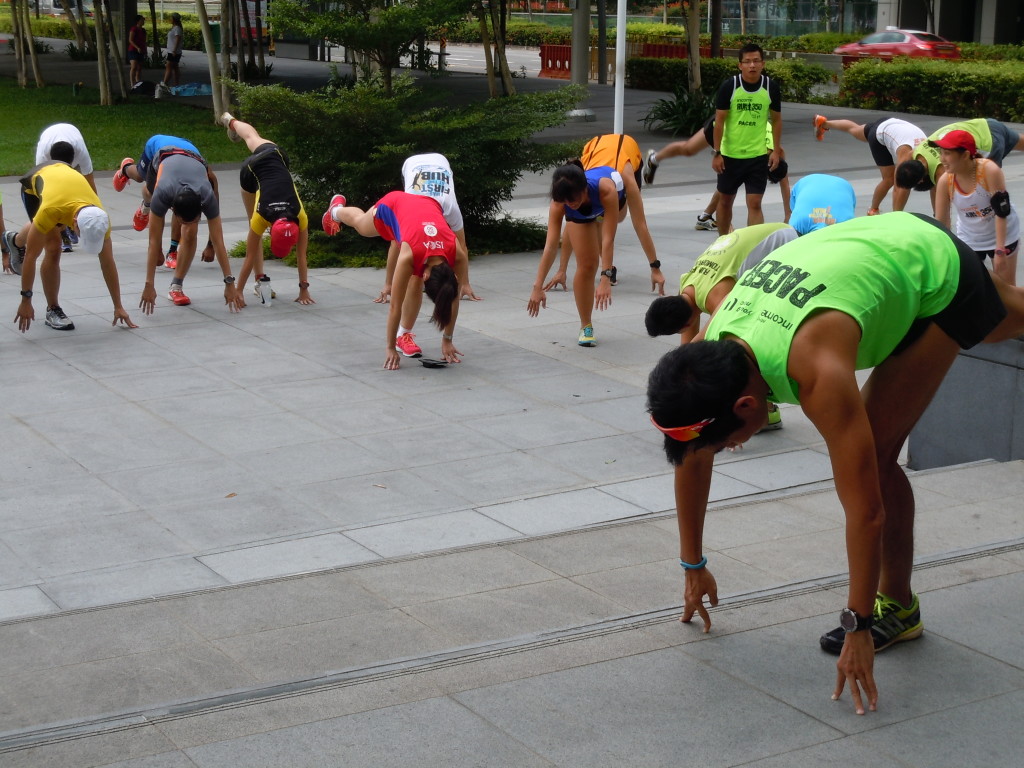
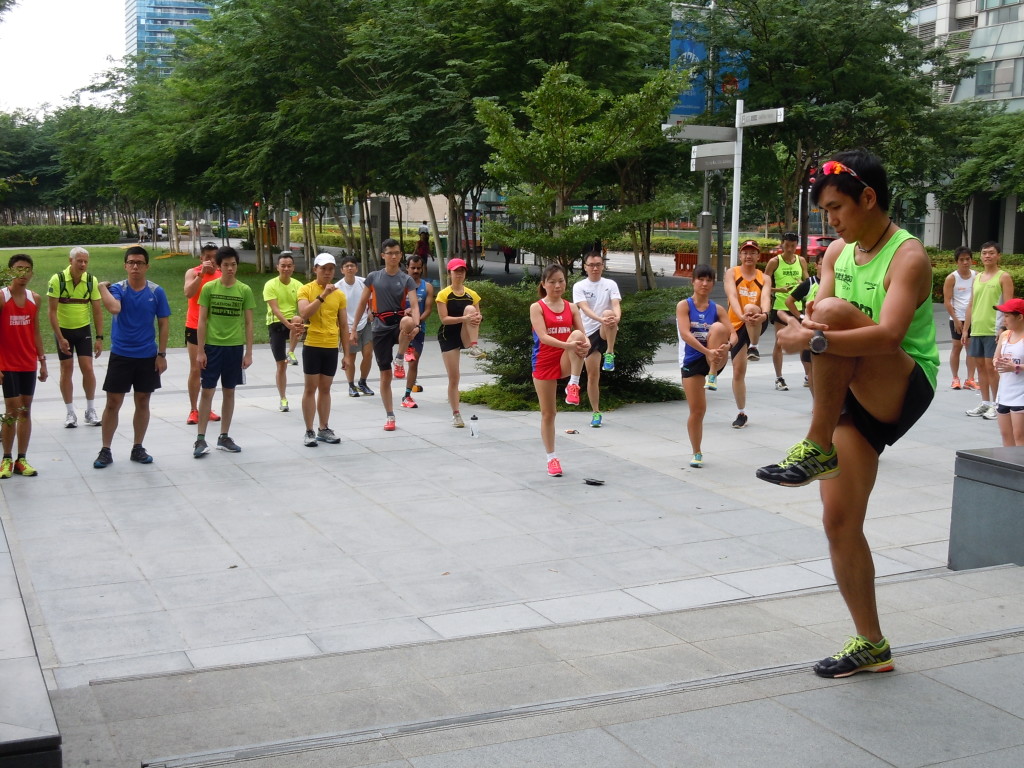
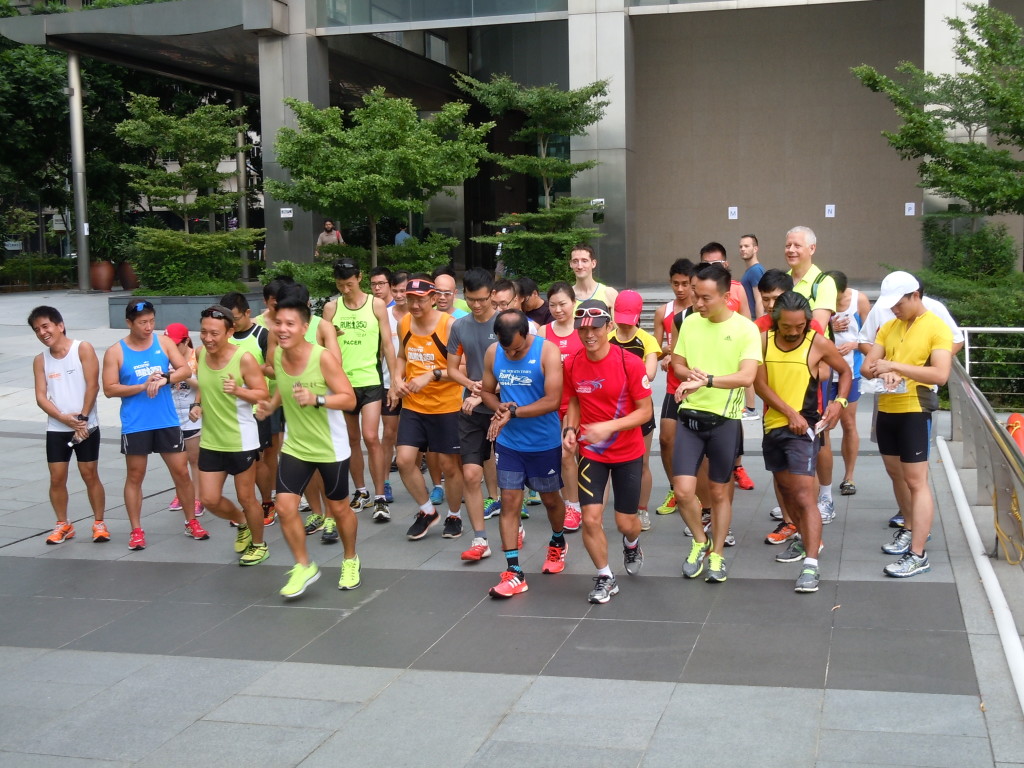
Leave a Comment